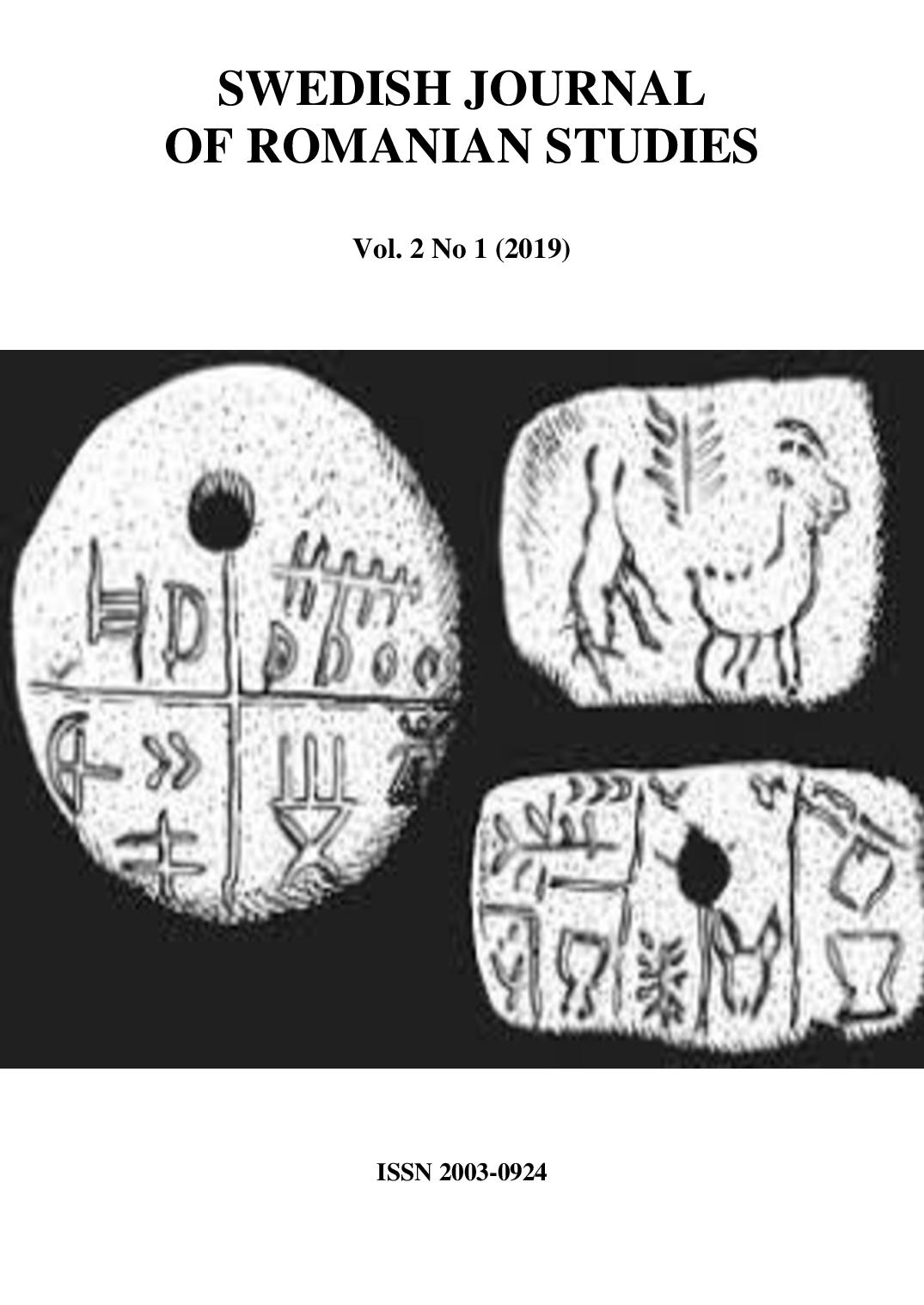The theory of literature as a declaration of love
DOI:
https://doi.org/10.35824/sjrs.v2i1.18846Keywords:
literary theory, chronotope, the death of the author, palimpsest, literary canonAbstract
In Frumoasa necunoscută. Literatura și paradoxurile teoriei, Carmen Mușat analyzes and systemizes the relational character of literature and the discourses on literature. She revisits famous notions of modernity which can be capitalized on in our current context, where we speak of the death of the author and even the end of literary theory. In all of the approaches that she takes in the book, the author is certain that the theorist and his presence in the world retain a valid purpose, as they can counterargue, wherever the case may be, and justify the beauty of literature from novel points of view. Frumoasa necunoscută presents to us an inventory for an ideal way to look upon the world and literature. Carmen Mușat is a researcher who is up to date with the most sophisticated conceptual systems. The result of this is a narration under the form of a complex declaration of love for literature and the paradoxes of theory.
References
Mușat, C. (2017). Frumoasa necunoscută. Literatura și paradoxurile teoriei (The Beautiful Unknown. Literature and the Paradoxes of Theory). Iași: Editura Polirom
Downloads
Published
How to Cite
Issue
Section
License
Copyright (c) 2019 Marius Mihet

This work is licensed under a Creative Commons Attribution-NonCommercial 4.0 International License.
Authors who publish with this journal agree to the following terms:
a. Authors retain copyright and grant the journal right of first publication with the work simultaneously licensed under a Creative Commons Attribution-NonCommercial 4.0 International License that allows others to share the work with an acknowledgement of the work's authorship and initial publication in this journal.
b. Authors are able to enter into separate, additional contractual arrangements for the non-exclusive distribution of the journal's published version of the work (e.g., post it to an institutional repository or publish it in a book), with an acknowledgement of its initial publication in this journal.
c. Authors are permitted and encouraged to post their work online (e.g., in institutional repositories or on their website) prior to and during the submission process, as it can lead to productive exchanges, as well as earlier and greater citation of published work (See The Effect of Open Access).

